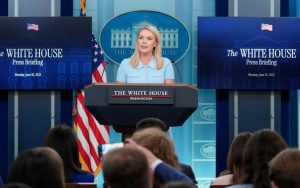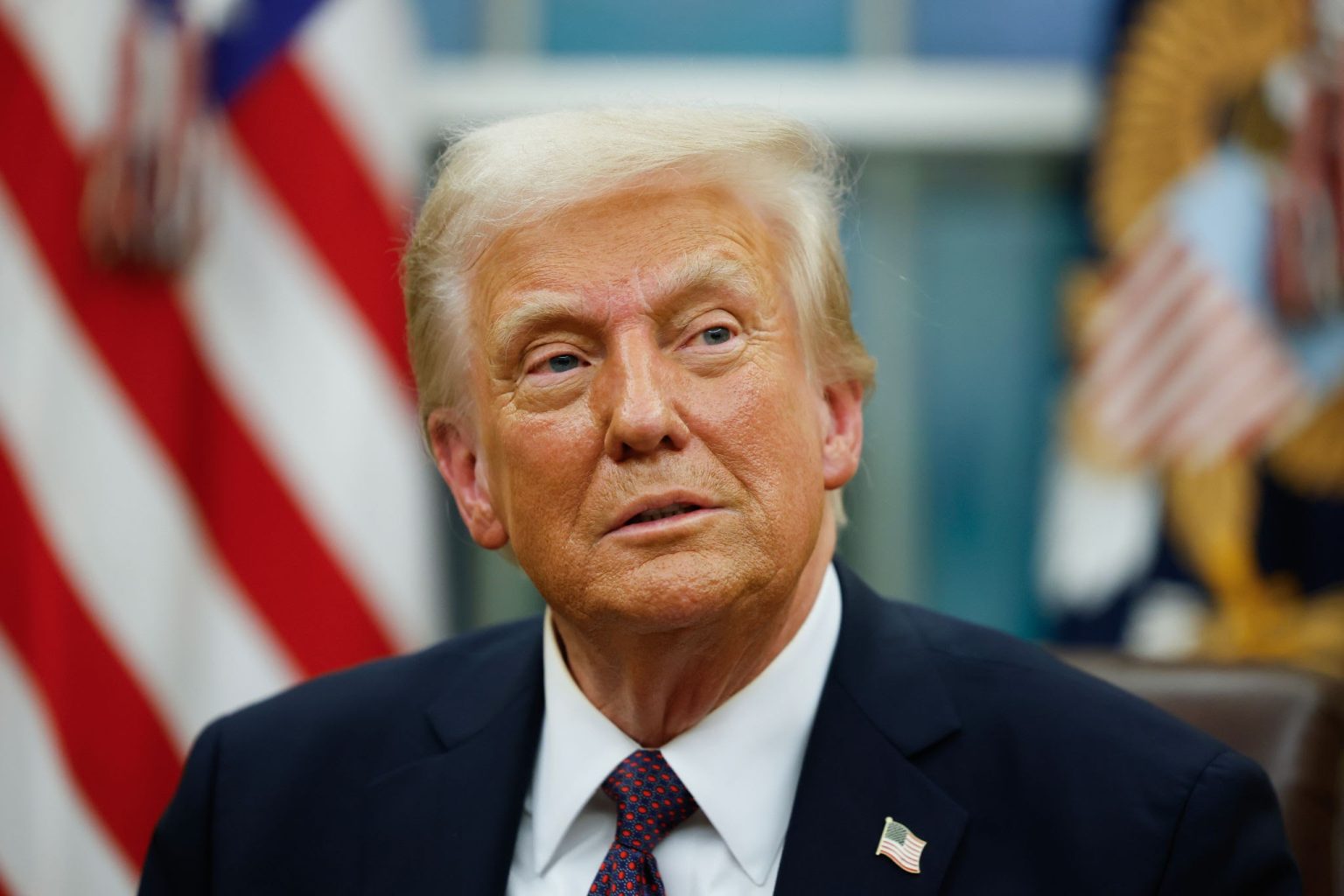Donald Trump has formally lifted US sanctions on Syria, marking a dramatic shift in American foreign policy and reigniting debates over justice, peace, and accountability in the war-ravaged country. In a move that stunned analysts and sparked cautious optimism across the Middle East, the US president signed an executive order in May that dismantled most of the sanctions imposed on Syria since 2004.
The decision follows growing regional pressure, particularly from Saudi Arabia and Turkey, to support Syria’s reintegration into global diplomatic and economic frameworks. These efforts have been amplified by the recent political transition that saw former Islamist guerrilla Ahmed al-Sharaa replace Bashar al-Assad, ending the Assad family’s five-decade-long authoritarian rule.

Speaking from the White House, Press Secretary Karoline Leavitt defended the administration’s rationale: “This is in an effort to promote and support the country’s path to stability and peace.” The executive order ended the “national emergency” that had severely restricted Syria’s state-run institutions, including its central bank.
Brad Smith, the US Treasury official overseeing sanctions policy, stated that lifting the restrictions would “end the country’s isolation from the international financial system, setting the stage for global commerce and galvanising investments from its neighbours in the region, as well as from the United States.”
According to the order, Syria has been “transformed” since Assad’s ouster, citing “positive actions taken by the new Syrian government under President Ahmed al-Sharaa.” Sanctions on the former regime remain in place, with Bashar al-Assad, who fled to Russia late last year, still designated for international sanctions.
This development has drawn mixed reactions. Israel expressed interest in normalising relations with Syria and Lebanon under the wider umbrella of the Abraham Accords, a diplomatic initiative that has already reshaped relations between Israel and several Arab states. “We see a real opportunity for long-term peace,” an Israeli spokesperson said on Monday.
However, critics warn that Syria’s internal stability remains fragile. Despite claims of progress under the new administration, sectarian violence continues. On June 22, at least 25 people were killed and dozens wounded in a suspected Islamist attack on a Greek Orthodox church in Damascus. Rights groups say attacks on religious and ethnic minorities have risen since Assad’s fall.
Until Trump’s surprise announcement during a diplomatic visit to Saudi Arabia, the US had maintained a hardline stance, demanding reforms on human rights and minority protections before any easing of sanctions. Syria remains classified as a state sponsor of terrorism, a designation unlikely to be lifted in the near future.
Read Also:
UK to wait for Donald Trump’s approval before signing Chagos deal
Ayra Starr: Acting debut deepened my respect for actors
Assad breaks silence, claims he was forced to flee Syria
The backdrop to these developments is one of the 21st century’s most devastating conflicts. The Syrian war, which began in 2011, originated from peaceful protests inspired by the Arab Spring. Syrians, demanding democratic reforms and civil liberties, were met with brutal crackdowns by the Assad regime—live ammunition, mass arrests, and torture became commonplace.
Syria’s demographic makeup—predominantly Sunni Muslim with an Alawite-dominated ruling elite—added a sectarian edge to the unrest. The regime’s refusal to cede power or reform led to military defections and the formation of opposition groups like the Free Syrian Army. Over time, the conflict escalated into a multifaceted civil war involving regional and international powers, including the US, Russia, Iran, and Turkey.
For over a decade, sanctions targeted Syria’s financial system, oil exports, and high-ranking officials in an attempt to weaken Assad’s grip. While these measures isolated the regime, they also contributed to widespread economic hardship.
Trump’s decision now aims to shift gears. While some see this as a gamble, others view it as a pragmatic step toward stability. Whether Ahmed al-Sharaa can usher Syria into a new era of peace, inclusivity, and economic recovery remains uncertain—but the lifting of sanctions is undoubtedly a significant turning point.



